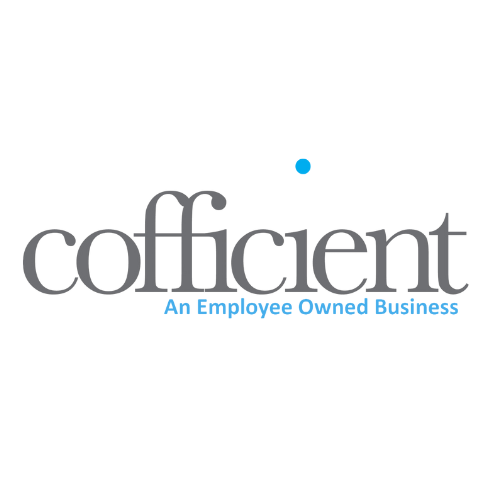
The Death of 9-5 is the Birth of the Modern Office
The Death of 9-5pm. The Birth of the Modern Office.
Modern working bucks against the traditional 9-5pm office job. No longer can we leave the office at 5pm and “shut down”. With our smart phones ever in our hand, accessibility between employee & employer, between customer & supplier, has bled into “down time”.
The death of 9-5pm has birthed the era of “home working”.
More and more companies are recognising the benefits which come from allowing staff flexibility with their working environment. It reaps rewards; for employee and employer.
Save time sitting in traffic, save petrol, save your lunch money, save your spousal relationship… the list is seemingly endless.
Modern employers were getting behind it.
But Are These Benefits Real or Perceived?
But there seems to have been a turn of events. Recently there has been a slew of “working from home” articles in the press which are casting doubt on the benefits.
Headlines citing recent London School of Economics research includes:
Working from Home is not Without its Downside. Just ask the cat. – The Telegraph 6 Sept 16
Actual Science Study says Working From Home Can be Over Rated – The Debrief 6 Sept 16
Working from Home Loses its Appeal Over Time for Both Company and Employee – Science Daily 6 Sept 16
Working from Home Can be Just as Unproductive as Working in the Office – Mail Online 6 Sept 16
The articles point to downsides such professional isolation, lack of motivation and loss of confidence as some of the issues facing employees. Add to that, employers losing out on the “I’m so grateful to work from home I am going to work twice as hard” bonus.
The research was carried out by Dr Esther Canonico who points out :
‘Some of the downsides of home working are an increased sense of professional isolation and a decrease in sharing knowledge with colleagues. It’s not for everyone, but it is becoming entrenched into our working culture.’
She added: ‘This study provides a glimpse into a future where flexible working practices could become business as usual and seen as an entitlement by employees, especially among the younger generation.
‘Whereas once people saw it as a favour and felt the need to reciprocate and give back more to the organisation for having that benefit, in this future, they will not.’
Where Does the Truth Lie?
So we’ve got competing view points in relation to working from home.
I work from home one day a week and I can tell you, the truth is somewhere in the middle.
I love that I miss the daily commute (and the extra 30 mins in bed I get to cuddle my kids). I like the peace and quiet which affords me to write blogs like this one. I save some money on child care costs. I plough through an exorbitant amount of work.
But it isn’t the utopia one might imagine either.
As well as two school age children, I have a small child who gets placed in front of the television for about 5 hours each Thursday (cue “Bad Mother” syndrome). It isn’t always easy to make or take calls with a small child in the back ground (cue “Bad Employee” syndrome). It is incredibly lonely. Simple, every day tasks like turning on the oven is ridiculously tricky when your brain is still in work mode. It’s hard to switch off at the end of the day when your “commute home” consists of stepping 5 paces away from your laptop on the dining room table and into the kitchen.
Conclusion
The conclusion is simple. There’s no going back. The office of the future has been defined; and it’s fluid.
Mixed and flexible working will become the new traditional model. Smarter technology and cloud based business software will only enable this fluid environment. Modern professionals (especially those of the younger generation) will have an expectation that home working will form part of the normal modus operandi; employers will need to get used to that.
Perhaps the evangelical preaching about the benefits will die down as home working becomes the tradition but those companies who do not get on board will still be left behind. That means investing in good kit and cloud based business software so employees can achieve everything they need to from a remote location.
Systems like NetSuite are incredibly easy to use, not especially band width hungry and provide excellent user experience from multiple devices and locations. If you are a business owner who hasn’t yet invested in cloud based business software, it’s time to consider your options or you could be left behind.
As for me? Well, the study found that working from home 2-3 days a week (rather than full time) provides the best outcome for both the employer and employee. And I already use NetSuite. So I’m sorted. Now, where’s that manual for working the oven?
Written by Emma Stewart – Sales & Marketing Director (and sometimes bad mum) of Cofficient Ltd
We provision smart cloud based business software for smart companies who want to enable their employees to work from home.



